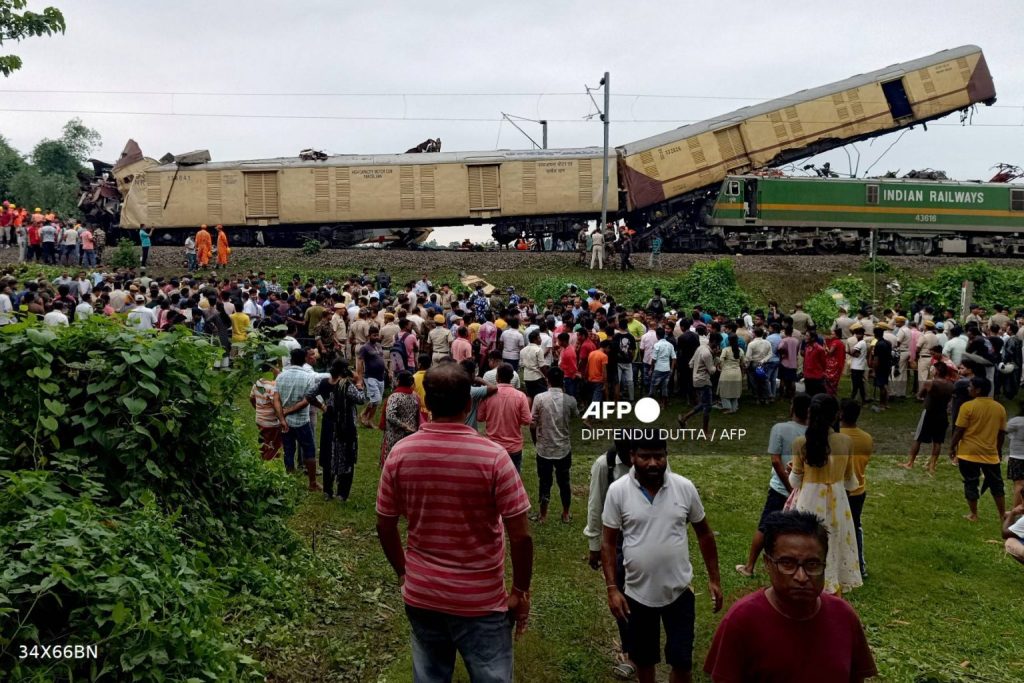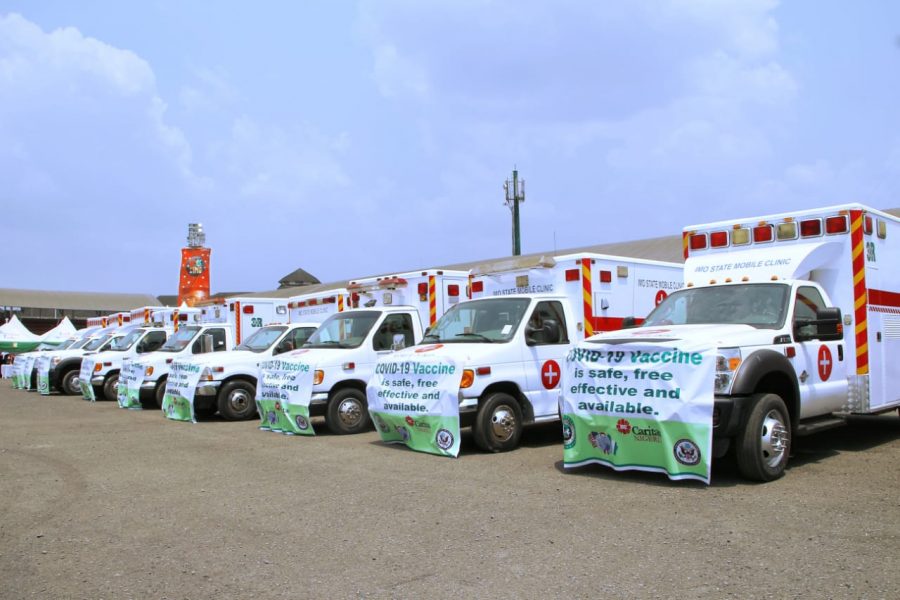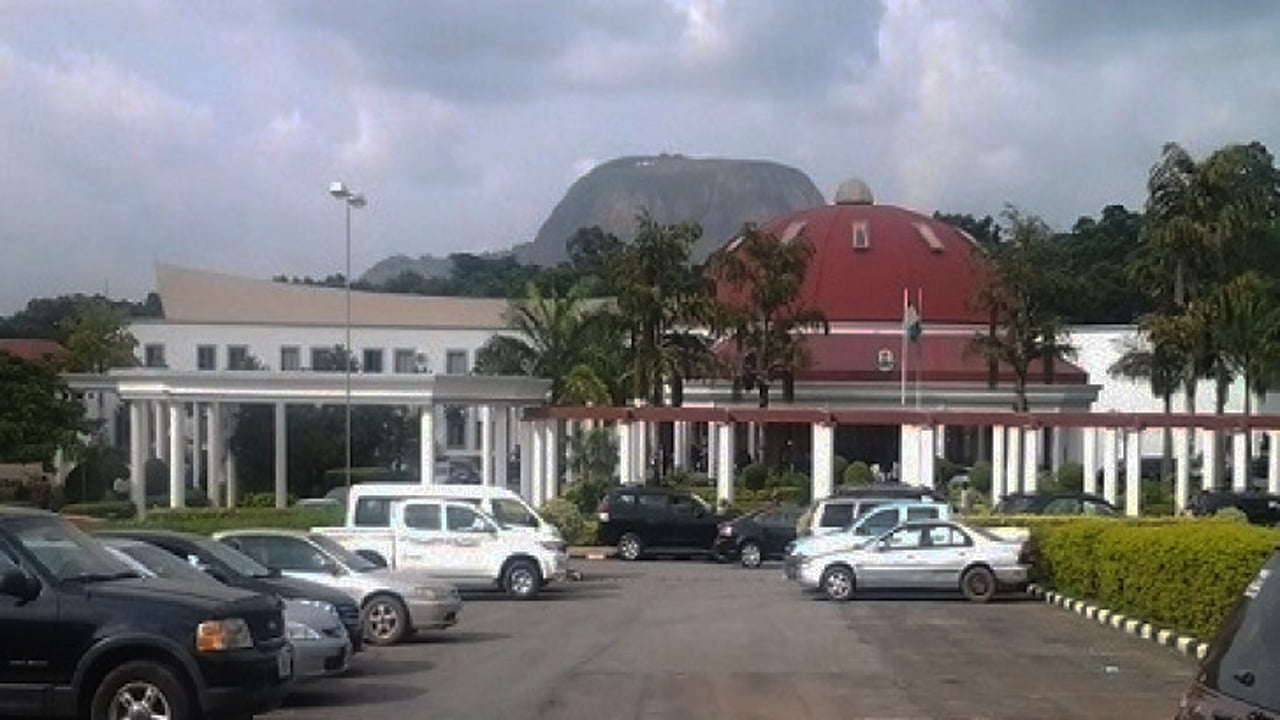
At least seven people lost their lives when an express passenger train collided with a goods train in West Bengal, India, on Monday. The crash, which occurred in the Phansidewa area of Darjeeling district, resulted in the derailment of three passenger carriages, according to local police.
Images broadcasted on Indian news channels depicted the chaotic scene, with carriages overturned and one precariously balanced atop another. Rescue teams are currently working to search the wreckage for any additional bodies that may be trapped.
Local police officer Iftikar-Ul-Hassan confirmed the fatalities and reported that 39 injured passengers had been admitted to a nearby hospital. “We have confirmation of seven deaths,” he said.
Rajesh Kumar Singh from the Railway Protection Force mentioned the recovery of the bodies of a driver and a guard from the wreckage. “Some more bodies may be under the crash site, but we don’t yet know for sure,” he added.
Prime Minister Narendra Modi expressed his condolences to the victims’ families via social media, noting that rescue operations are ongoing.
West Bengal Chief Minister Mamata Banerjee described the crash as “tragic” and stated that doctors, ambulances, and disaster response teams were dispatched to the site for rescue and medical assistance. She confirmed that the Kanchenjunga Express train was struck by a goods train.
Railways Minister Ashwini Vaishnaw assured that the injured are being transported to the hospital for treatment.
India’s extensive rail network, one of the largest in the world, has experienced numerous accidents over the years. The deadliest incident occurred in 1981, when a train derailed while crossing a bridge in Bihar state, resulting in an estimated 800 deaths. More recently, a three-train collision in Odisha state last June claimed nearly 300 lives.
Despite these tragedies, India has been investing significantly in modernizing its rail infrastructure, with efforts to improve stations and implement advanced signaling systems. Just a day before the collision, a train successfully crossed the world’s highest railway bridge, spanning 359 meters above the Chenab River in the Himalayan region. This landmark achievement connects northern Jammu and Kashmir to the rest of India and marks a significant milestone ahead of the bridge’s formal inauguration expected in the coming weeks.



